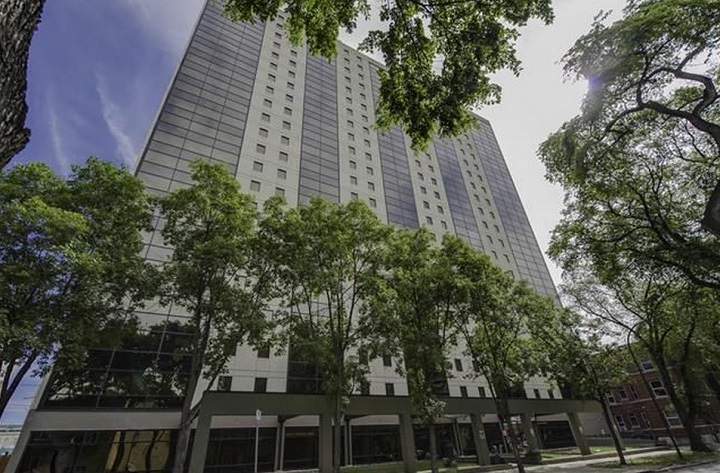With heat-related illness on the rise amid record-breaking temperatures across the country, some Canadian cities are adopting by-laws that require landlords to keep their buildings below a maximum temperature.

In Manitoba, organizations say that kind of regulation would get the cold shoulder.
“Conceptually, it’s extremely important, we all want to do what’s best,” Avrom Charach, spokesperson for the Professional Property Manager’s Association, said about keeping tenants cool. “Practically, sometimes it’s difficult.”
Shared Health reports 33 people went to hospitals with heat-related illnesses from June 1st to July 4th, up from just 18 last year. However, the city has by-laws to keep buildings warm in the winter, but no such rule for summer temperatures.
Charach said many buildings in the city don’t have air-conditioning in every unit because of cost or building restrictions.
He said many landlords don’t install AC because a building may have heritage status, preventing it from being cosmetically altered unless it’s within specific parameters.
“How do you put cooling into a building that was never built to circulate air?” he said.
Coun. Sherri Rollins said while change is necessary, it’s not up to the city, but the province’s Residential Tenancies Branch, to compel landlords to make that change.
- Posters promoting ‘Steal From Loblaws Day’ are circulating. How did we get here?
- As Canada’s tax deadline nears, what happens if you don’t file your return?
- Video shows Ontario police sharing Trudeau’s location with protester, investigation launched
- Solar eclipse eye damage: More than 160 cases reported in Ontario, Quebec
“(There is) extreme dissatisfaction of what this branch is doing on behalf of landlords and what this branch is doing on behalf of tenants,” she told Global News.
The RTB acts as a mediator between tenants and landlords for disputes, rent and repairs. The branch has come under fire in recent years for approving above-guideline rent increases amid the COVID-19 pandemic and a rising cost of living.
Rollins said resident frustration with the RTB comes from a lack of staffing and little preparation to adapt to a changing climate like ensuring buildings have adequate windows and airflow.
“I hear calls for change and that distinct call in a Manitoba context is with the provincial government, that responsibility lies there,” she said. “That call for change for more different and better is a call that needs to be made to the provincial government and targeting the Residential Tenancies Branch.”
The Residential Tenancies Branch did not respond to a request for comment before deadline.
– with files from Global News’ Katherine Dornian








Comments